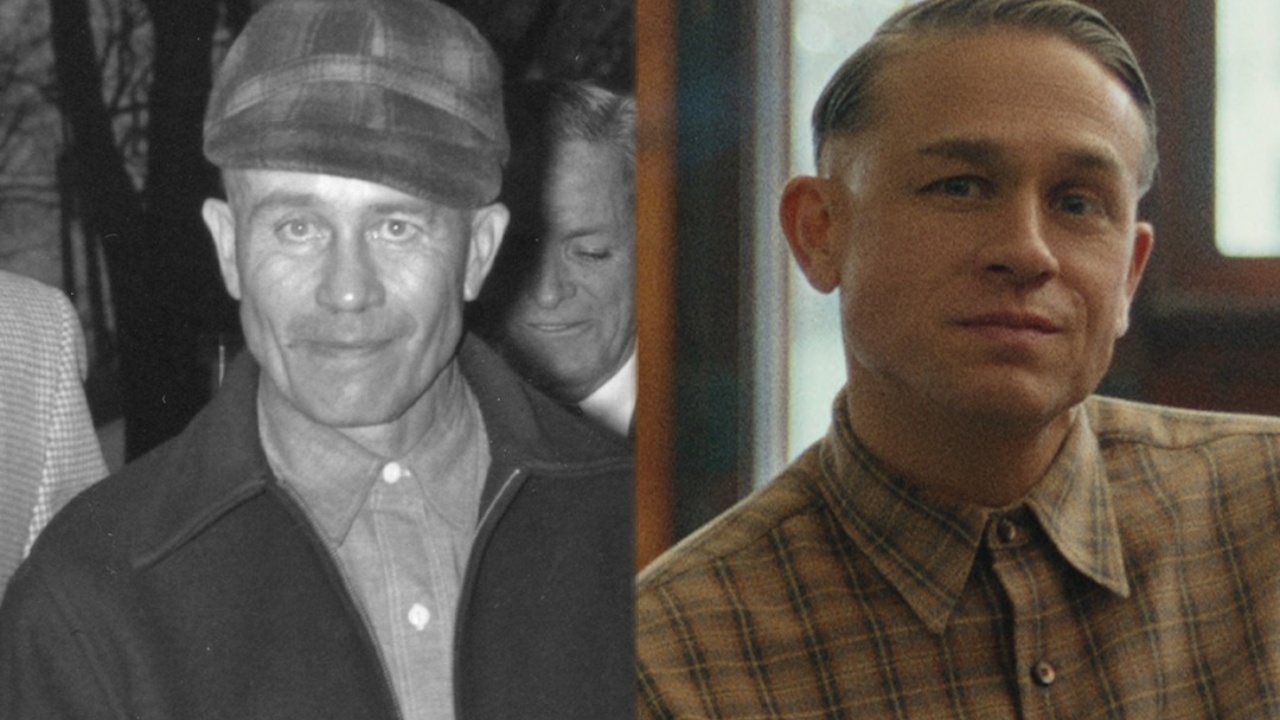While the story of Ed Gein is often told through the grisly artifacts found in his farmhouse—lampshades of human skin, a belt of nipples, skulls on bedposts—it inevitably leads to a deeper, more complex question about the man behind the crimes. What was going on in the mind of the “Plainfield Ghoul”? People often wonder if he was “slow,” intellectually disabled, or on the autism spectrum, trying to find a simple label for his incomprehensible actions. The reality, pieced together from his life and official evaluations, is a tangled web of severe mental illness, profound psychological disturbance, and a childhood that created a perfect storm for violence.
Understanding Ed Gein requires looking beyond a single diagnosis and into the interplay between a broken mind and a traumatic upbringing. He wasn’t just a simple-minded farmhand; he was a man consumed by psychotic delusions, primarily shaped by an obsessive and unhealthy bond with his mother. His case forces us to confront how abuse and isolation can warp a person’s reality, leading to horrors that still captivate and disturb us today.
The Making of a Troubled Mind
To understand Ed Gein, you have to start with his mother, Augusta. She was the absolute ruler of the Gein household, a fanatically religious woman who dominated her sons. She preached that all women besides herself were sinful instruments of the devil and isolated Ed and his brother from any outside influences. This isolation was compounded by an abusive home life; his father was a violent alcoholic who regularly beat Ed.
You Might Like: Arthur Jones’ Parents & Siblings
This toxic environment had a profound effect on young Ed. He became a mama’s boy, completely devoted to Augusta, whom he saw as a saint. He was shy, socially awkward, and struggled to make friends, often laughing at seemingly nothing, which classmates found strange. Despite this, he was not intellectually impaired. School records and later testing showed he was an average student with a particular talent for reading and an IQ of 106, which is right in the normal range. He was able to hold down odd jobs as a handyman and was even trusted as a babysitter, with neighbors finding him reliable.
Are monsters born or made? Monster: The Ed Gein Story is now playing on Netflix. #MonsterTheEdGeinStory #CharlieHunnam #LaurieMetcalf pic.twitter.com/kfM4riuuq8
— Netflix Philippines (@Netflix_PH) October 3, 2025
The real collapse began after the deaths of his family members. First, his father died, then his brother Henry died under suspicious circumstances during a fire on their property. Finally, in 1945, his beloved mother Augusta passed away, leaving Ed completely alone and emotionally unmoored. He was so devastated that he sealed off her rooms like a shrine, keeping them perfectly preserved while the rest of the house fell into squalor. It was in this vacuum of grief and loneliness that his mental state severely deteriorated, and his macabre obsessions took a tangible form.
A Formal Diagnosis of Insanity
When authorities finally arrested Gein in 1957, they quickly realized they weren’t dealing with a cunning criminal but a deeply unwell man. He was initially diagnosed with schizophrenia. This is a serious mental disorder characterized by a breakdown in thought processes and a distorted perception of reality, often involving hallucinations and delusions. Psychiatrists at the time believed Gein heard voices, and his seemingly random laughter was likely a symptom of this, as he was responding to internal stimuli.
His actions were not those of a calculated serial killer but of someone operating in a psychotic “daze,” as he himself described it. He was driven by a powerful and confused desire to be close to his mother. This manifested in a delusional mission to create a “woman suit” so he could literally transform into her. His grave robbing and the murder of women who resembled Augusta were all part of this frantic, psychotic effort to reassemble the mother he had lost.
Meet the monster who inspired it all.
Charlie Hunnam stars in Monster: The Ed Gein Story. Coming October 3. pic.twitter.com/DqOeuvPCT2
— Netflix (@netflix) September 4, 2025
The legal system ultimately agreed with the medical assessment. Gein was first found unfit for trial and committed to a mental hospital. When he finally stood trial in 1968, the jury found him not guilty by reason of insanity. He was not sent to prison but spent the rest of his life in psychiatric institutions, where he was reportedly a model inmate, seemingly relieved to be in a structured environment. He died in a mental hospital in 1984, a clear acknowledgment from the state that his crimes were the product of a severe mental illness, not simple criminal malice.
So, was Ed Gein “slow” or autistic? The evidence doesn’t support it. The official diagnosis and the trajectory of his life point overwhelmingly to schizophrenia, a condition forged in the crucible of childhood abuse and extreme isolation. His story is a chilling reminder of how fragile the human mind can be and how catastrophic the effects of trauma and untreated mental illness can become.












